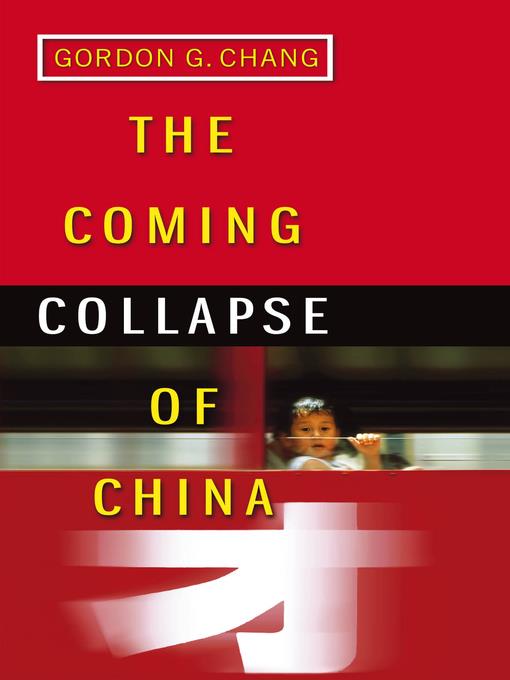
The Coming Collapse of China
کتاب های مرتبط
- اطلاعات
- نقد و بررسی
- دیدگاه کاربران
نقد و بررسی

July 2, 2001
Predicting the rapid fall of the Communist government, Chang, counsel to an American law firm in Shanghai and freelance journalist with the New York Times, the Asian Wall Street Journal
and elsewhere, attempts to support his prediction by discussing a number of phenomena in China: the volatile discontent of political minorities and the unemployed; the futility of state-owned enterprises and industrial policies; the vulnerability of the private sector and the WTO economy; the threats the Internet poses to party censorship; the dangers lurking behind the banking system; and the failing role of Marxist ideology. By maintaining power at all costs and suppressing dissent, the regime, Chang says, has jeopardized the economy and Chinese society at large. His adept business policy evaluation and socioeconomic criticism ("Party cadres... insist on commanding as if they still had a command economy") connect names and anecdotes with otherwise abstract social ills. But his success ends there, for his sweeping historical analyses and social forecasts falter. "Today the people no longer want Mao's revolution or the party that administers it. And so the People's Republic is going to fall, just like its predecessors," writes Chang, hastily recounting the quick endings of the Qing Dynasty and the Kuomintang. His invocations of the "power of the Chinese people," or of an imaginary individual who will one day "end the Chinese state as it now exists," read more like political soap opera than judicious analyses. Preoccupied with such rhetorical (and often highly cynical) flourishes, he fails to pay adequate attention to something that would have better supported his predictions: the imminent intra-Party power turnover in 2002. Chang needs more than denunciations and calls for change to support his bold prophetic claims.

























دیدگاه کاربران